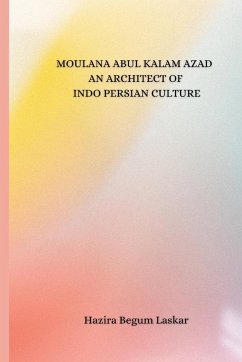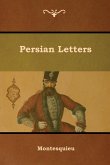Maulana Abdul Kalam Azad was a prominent figure in the Indian independence movement and a prominent advocate of the Indo-Persian culture. Born in 1888 in Mecca, he grew up in India and received a traditional Islamic education from his father, who was a scholar.Azad was a prolific writer and a gifted orator who used his talents to promote Indian culture and unity. He was a strong advocate of education and believed that it was the key to India's progress. He founded the Jamia Millia Islamia university in Delhi, which was based on the principles of Islamic education but also included modern subjects such as science and technology.Azad was a strong proponent of the Indo-Persian culture, which had developed over centuries of cultural exchange between India and Persia. He believed that this culture was an integral part of India's heritage and needed to be preserved and promoted.Azad's contributions to the preservation and promotion of Indo-Persian culture were numerous. He wrote extensively on the subject and translated many Persian works into Urdu and English. He also played a key role in establishing the National Archives of India, which contains many important documents related to the Indo-Persian culture.In recognition of his contributions, Azad was awarded India's highest civilian honor, the Bharat Ratna, in 1992, many years after his death in 1958. Today, he is remembered as an architect of Indo-Persian culture and a champion of education and unity in India.








